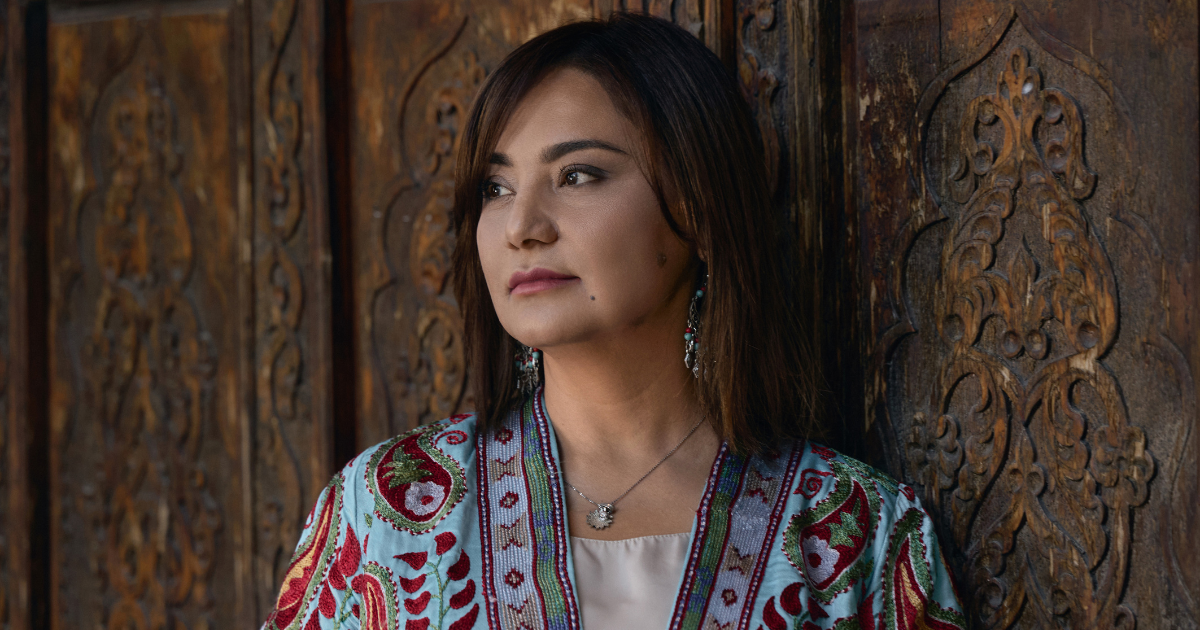The ascent to Olympus
The history of the Olympic Games
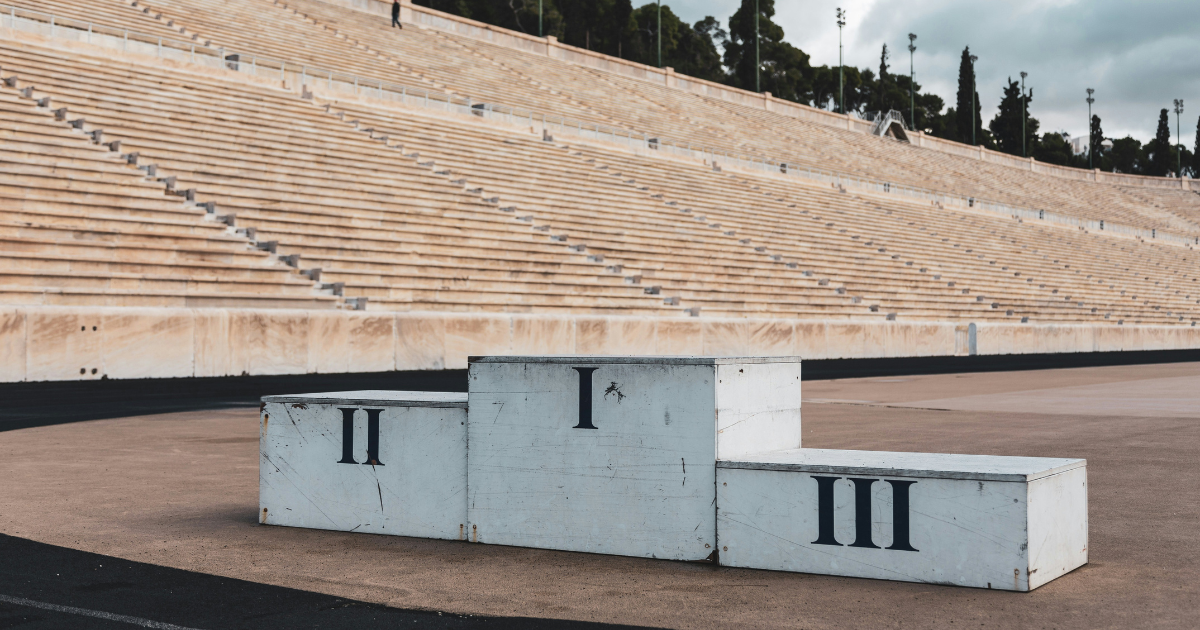
The tradition of competing in ancient Greece began in 776 BCE and was revived in the late 19th century by Pierre de Coubertin. Today, the Olympic Games are as significant for the global community as they were for Greek athletes in ancient times. Let’s delve into the history of the world's most prestigious sporting event.
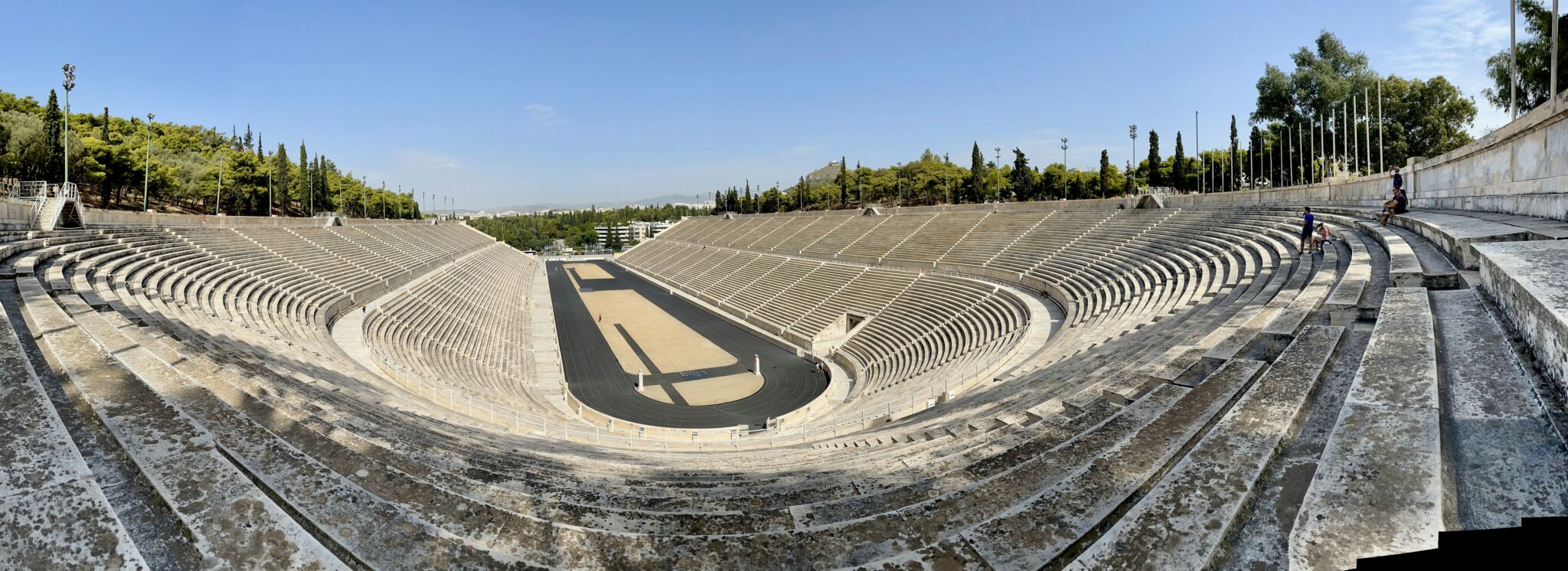
photo: Vincent Giersch/Unsplash
The ancient games
The first Olympic Games were dedicated to the Greek gods and held in ancient Olympia. However, nearly 12 centuries later, they were banned by Emperor Theodosius, who deemed them a "pagan ritual."
According to legend, the Games began with Hercules, who dedicated all his victories in competitions to Zeus. Ancient writings suggest that the Games were closely linked to rituals honoring Zeus but were not part of religious ceremonies. The main goal of the Olympic Games was to showcase the physical and moral excellence of young men from all over the Greek city-states. The winners were immortalized in ancient Greek history: their likenesses were depicted on plaques, vases, and statues created to honor them as epitomes of strength and superiority.
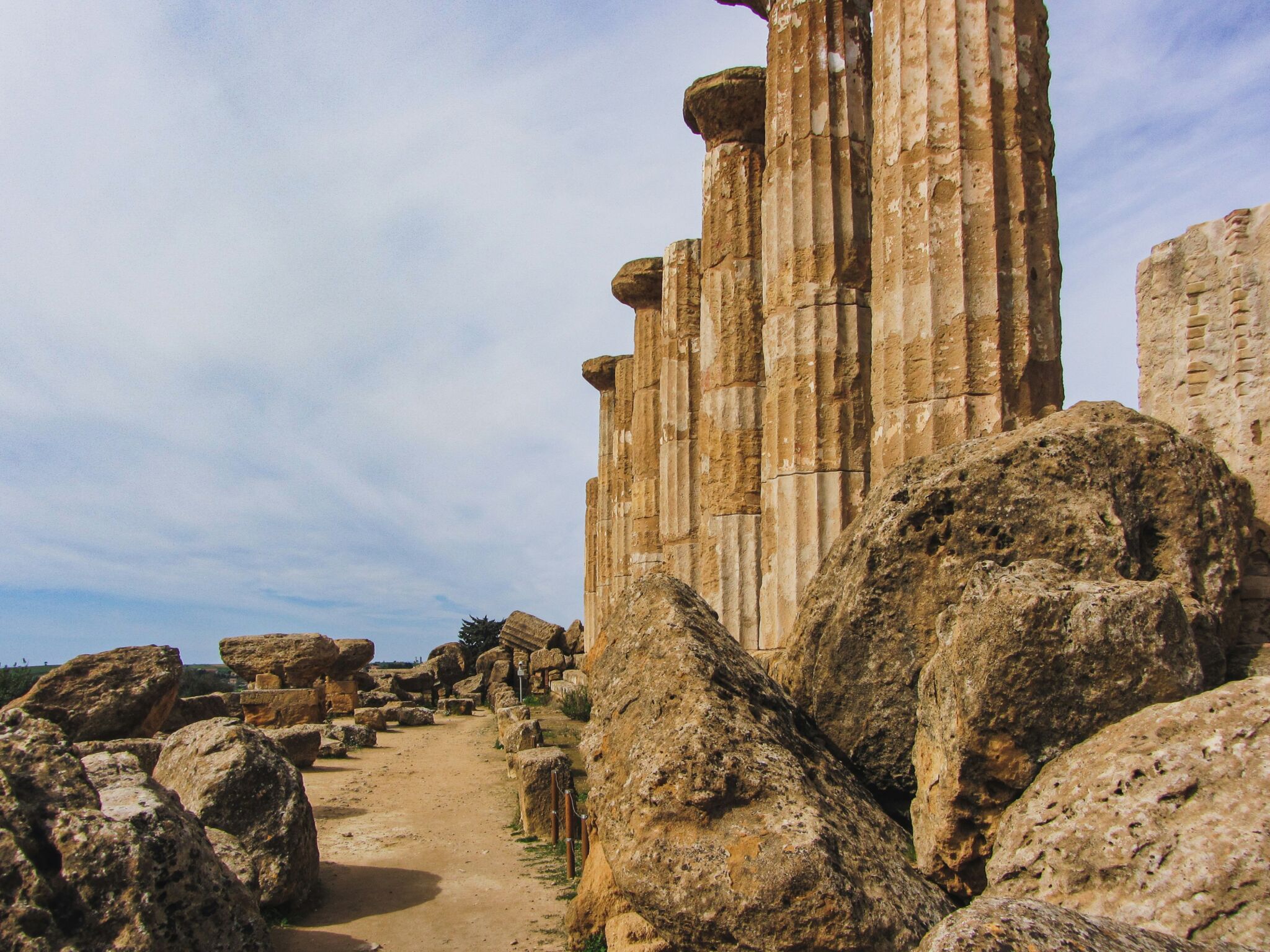
photo: Casey Lovegrove
Participation in the ancient Games was open to all unmarried men from Greece. Women were prohibited from competing. Furthermore, married women could not watch the competitions, while unmarried women could sit in the stands and observe the athletes.
The prize for the victor was a palm branch, and red ribbons were tied around their head and hands. On the last day of the Games, an official award ceremony was held at the temple of Zeus. The winners were announced during the ceremony, and a wreath made of sacred olive leaves was placed on each of their heads. The victors were celebrated with hymns, given honorary seats in theaters, and provided free meals for life at the state’s expense. The Games in ancient Greece were held every four years.
Program and sports
Initially, the Olympic Games were held in one day. Later, the competitions were extended to three days, and by the 5th century BCE, they lasted five days. On the first day of the Games, ancient Greek athletes made sacrifices to the gods, promising to compete fairly.
The competition program included the following sports: running, long jump, javelin and discus throwing, boxing, wrestling, and pankration, as well as equestrian events at the Hippodrome.
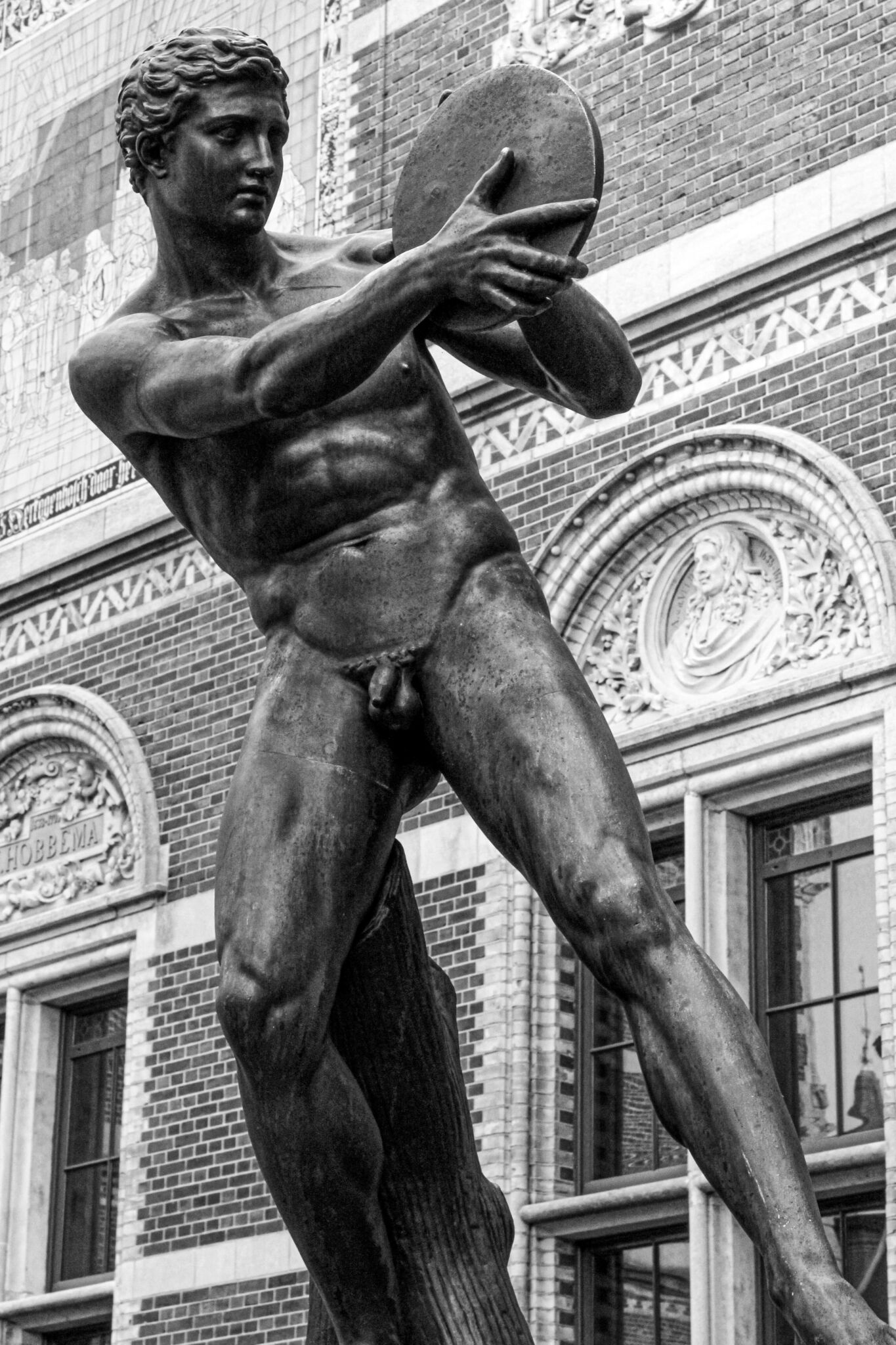
photo: Alexandre Lallemand/Unsplash
Differences from modern games
Boxers initially wrapped their hands with soft strips of cloth, but these were later replaced by stiff leather straps. The match ended when one of the fighters surrendered. Pankration was one of the most challenging combat sports, combining elements of boxing and wrestling. This event was introduced in honor of the myth of Hercules.
During the long jump competition, athletes were required to hold stones or another weight in their hands, which they would toss backward before landing, thereby increasing the length of their jump.
In the chariot racing events, there were two categories of athletes—men and boys, as well as adult horses and colts. However, unlike other sports, chariot racing was open to wealthy or titled Greeks who owned horses. Therefore, the victory in these competitions was not attributed to the charioteers but to the horse owners.
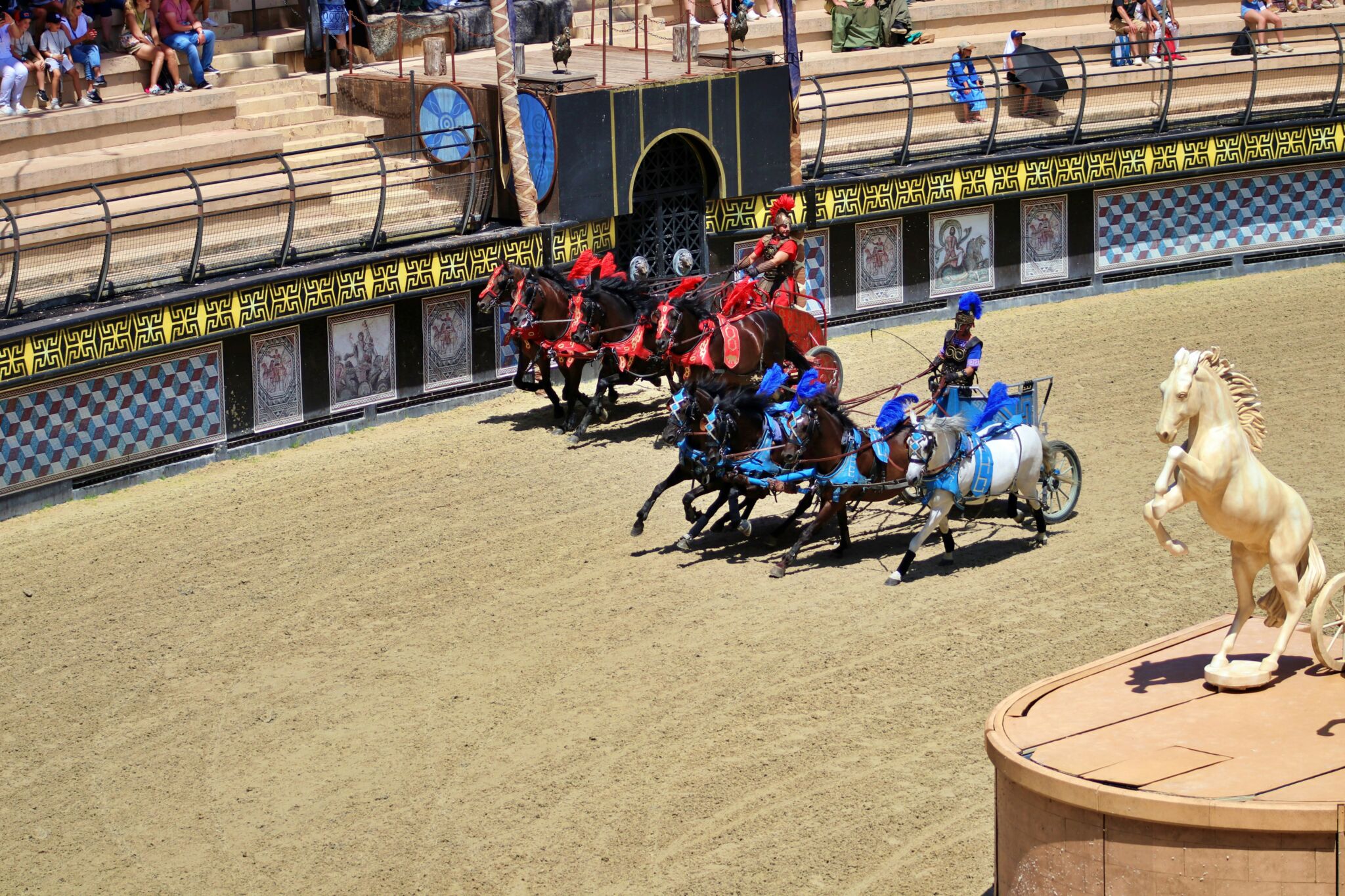
photo: Denis Oliveira/Unsplash
